Local tourism industry pulls together to find solutions
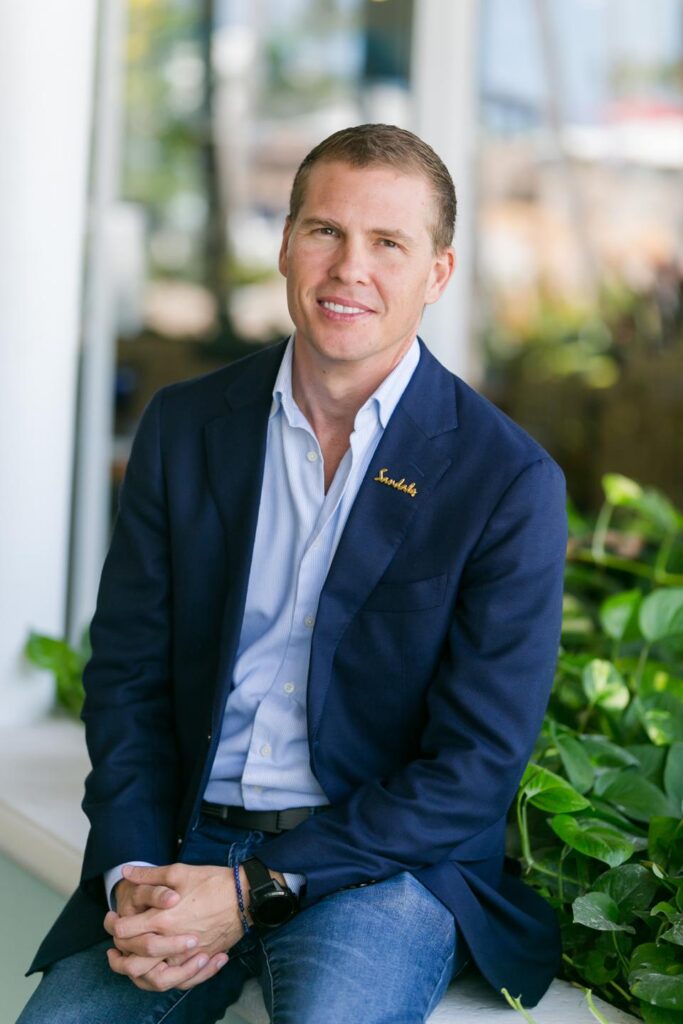
The COVID-19 pandemic has impacted tourism and travel all over the world with many businesses having to undergo a recalibration exercise in order to survive.
Tourism continues to be a major driver of the Jamaican economy accounting for 50 per cent of the country’s foreign exchange earnings.
At a Private Sector Organisation of Jamaica (PSOJ) virtual discussion yesterday, moderated by Nicola Madden-Greig, past president of the Jamaica Hotel and Tourists Association (JHTA), under the theme ‘Outlook for Jamaica’s Tourism in 2021’, it was revealed that hotels in Jamaica are expected to see a 50 per cent fall off in occupancy this winter and into the first months of 2021.
The webinar’s speakers were, Julian Mair, group chief investment strategist, JMMB Group; Adam Stewart, deputy chairman, Sandals Resorts International and John Byles, executive director, Chukka Adventures.
Stewart pointed out that the country should remain in the realms of reality and that with COVID-19 infections increasing, particularly in the United States where it has resulted in 310,000 deaths and 17 million infections, the industry is unlikely to spring back immediately.
This sanguine approach runs counter to the optimistic outlook espoused by some tourism officials who talk about visitors flocking to Jamaica this winter and the industry returning to where it was pre-COVID in early 2021.
“We cannot give a false ray of hope. The industry continues to be negatively impacted and we will have to endure this for at least the next six months.”
Adam Stewart, deputy chairman, Sandals Resorts International
Europe has gone back into lockdown and infection and deaths are increasing right here in Jamaica. The CDC has had to practically close down cruise ships bound for the Caribbean as the first time it relented and allowed cruise lines to return, there was an outbreak, forcing the vessel into port in Barbados.
Stewart pointed out that the sector has weathered many difficulties and events over the years but the COVID-19 situation strikes at the fundamentals of the industry and is a “health crisis turned into an economic crisis, turned into a social crisis”.
“We cannot give a false ray of hope. The industry continues to be negatively impacted and we will have to endure this for at least the next six months.”
The deputy chairman of the largest hotel chain in Jamaica, Sandals, added that many hotels are now seeing lower occupancy but have to withstand higher costs. He dispelled the notion that because there are very few guests, hotels’ costs dramatically fall.
For example, the AC Marriott in St Andrew, which he controls and operates, has during the months of the pandemic, with reduced bookings, still had to meet electricity, utilities and other operating costs that come to US$350,000 a month.
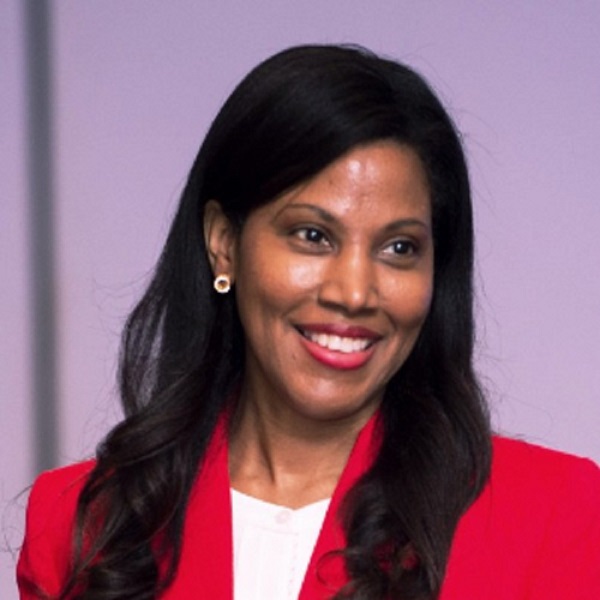
Madden-Greig, who is also group head of sales and marketing of the Courtleigh Hospitality Group, made the point that occupancy at 50 per cent or less proves difficult for hotels and threatens their sustainability. She called for hotels to pivot to different methods of operation and alternative revenue lines, for example curb side food pickups.
She noted that the product may very well need to adapt to new consumer patterns that embrace the build out of community tourism, personalised tours, customised tourism that provides opportunities for entrepreneurs.
Stewart said he sees signs of promise for the sector and that, even during the pandemic, many young people were still taking honeymoon trips. He quipped that many American Republicans will be taking trips and that the industry has to make a more concerted effort to find out what visitors want and require when they come to Jamaica.
He added that the cruise ships are likely to return to the Caribbean with their sights set on the Bahamas first, where there are a number of private islands, and then target the northern Caribbean before going into other islands.
“The airlines have been very supportive, particular American Airlines, and there are still a number of flights laid on to Caribbean destinations. Better days are coming,” said Stewart.
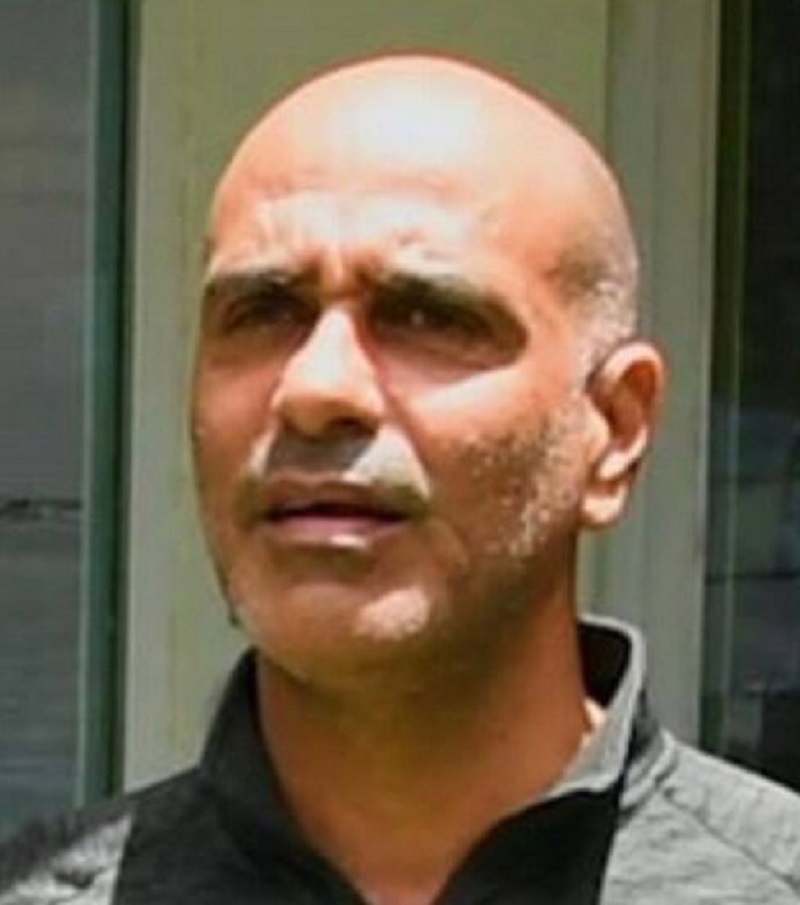
Byles made note of the changing dynamic in tourism business operations where there is now a greater reliance placed on digital technology.
He pointed to the proliferation of QR codes, keyless-entry, digital brochures and digital pre-processing.
Byles added that this has now become an expectation with visitors and that Jamaican tourism businesses must factor the digital age and what it brings to their enterprises.
Of late, the thinking is there is an over-reliance on tourism in the Jamaican economy and, with COVID-19 putting that sector on its back, it’s time to diversify and place more emphasis on other industries.
Stewart sees things a bit differently. He recalls a time, not too long ago, when unemployment was well into double digits and recently came down to 7.6 per cent. He went further, saying no other industry in Jamaica has a greater multiplier effect and it remains a major earner of foreign exchange.
He notes the rise in remittances and that it has held firm during the time of COVID but he doesn’t think it is sustainable – tourism is still Jamaica’s best bet.
The way the industry and its players have pulled together at this time, Stewart said, was commendable.
All the speakers agreed that research and data is imperative if the industry is to adapt to the COVID-19 paradigm and continue to prosper in the future. There has to be a greater effort made with deepening linkages of other sectors and the supply side with more local fruit, vegetables and products purchased by tourism businesses.

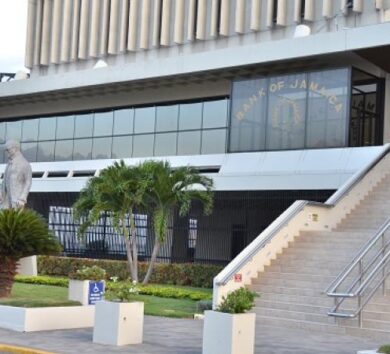
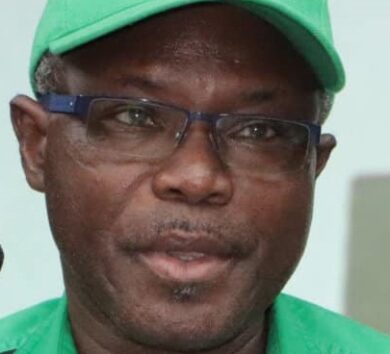
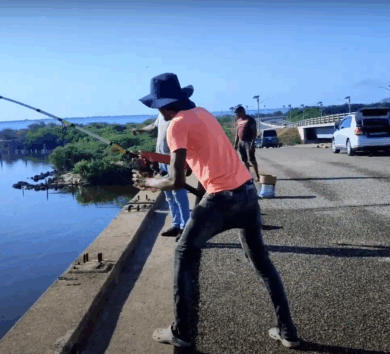

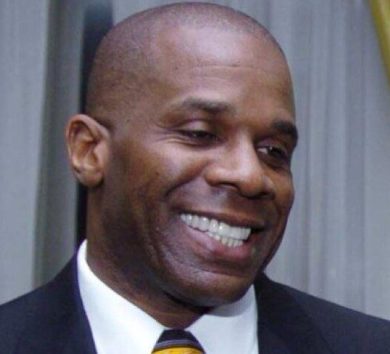
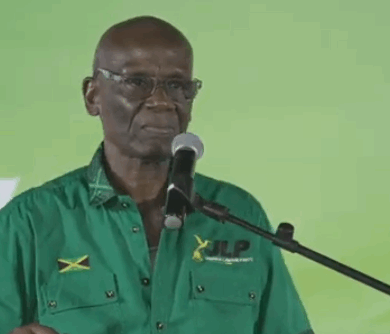
Comments